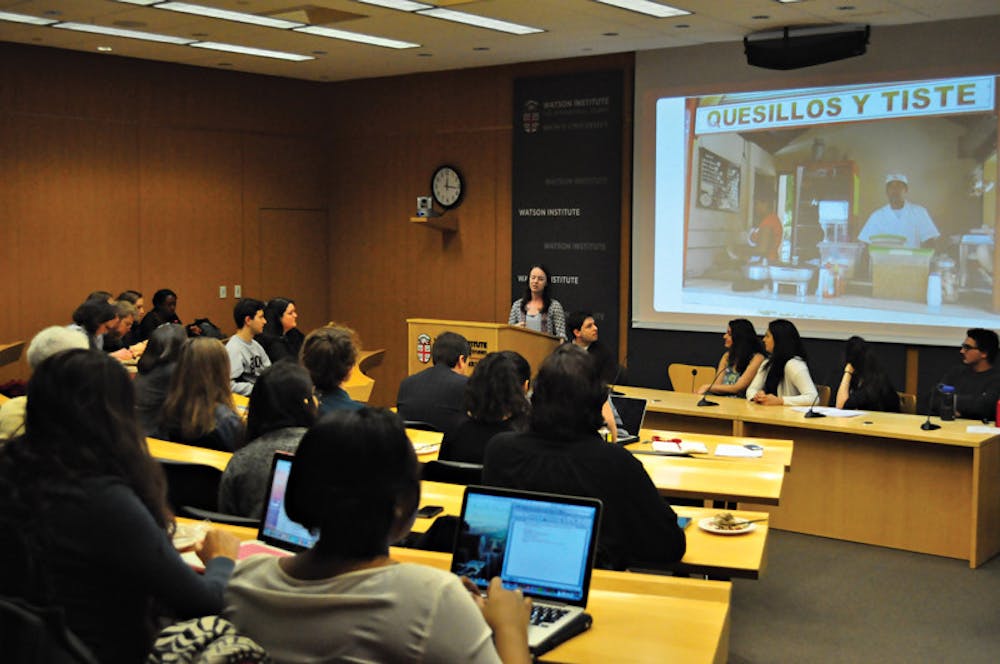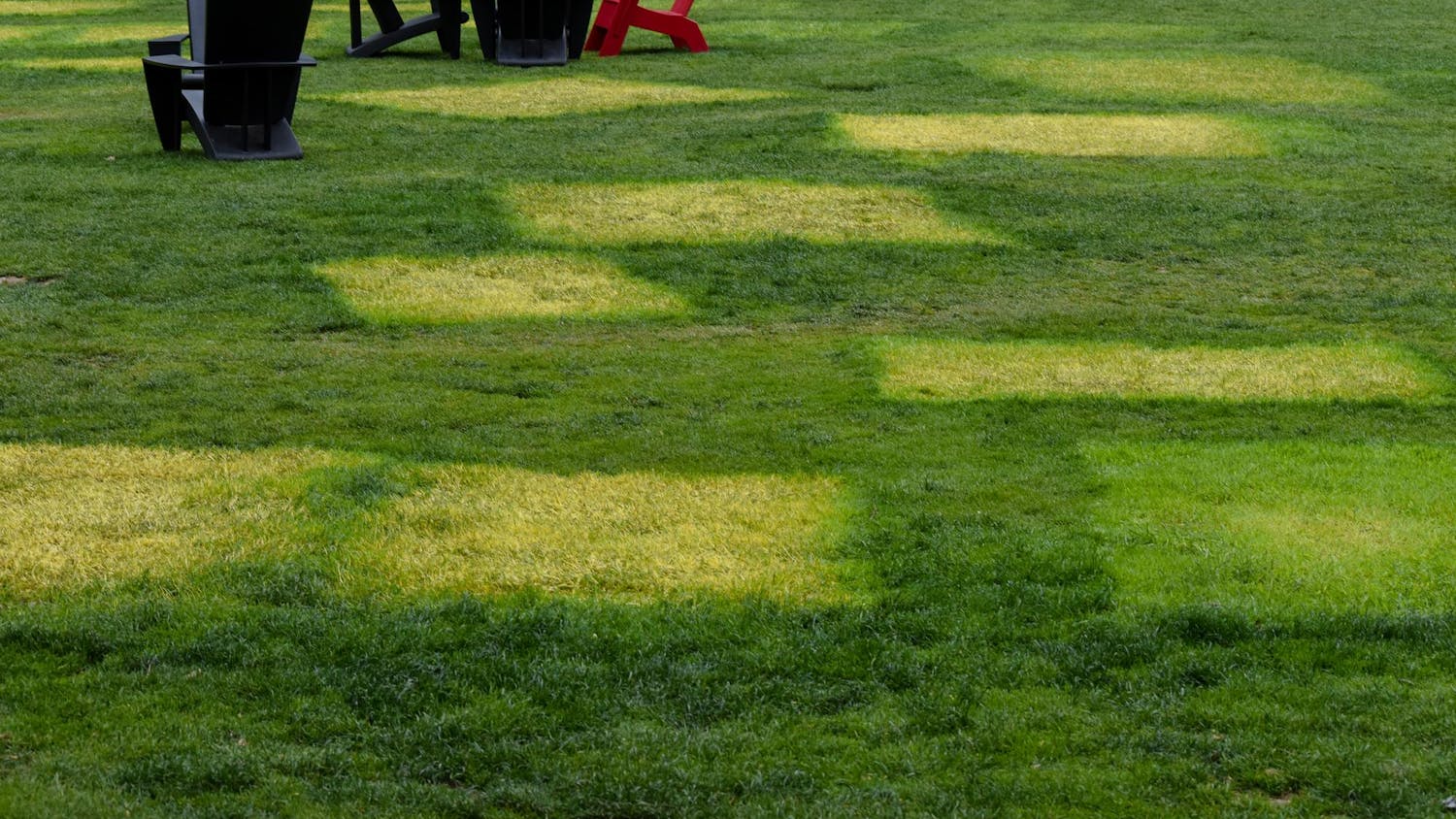Students presented their first forays into international reporting as part of their academic spring break trip to Nicaragua at the Watson Institute for International Studies Wednesday. Led by former New York Times correspondent Stephen Kinzer, a journalist in residence at the Watson Institute, the trip marked the conclusion of the course INTL 1802: “International Journalism: Foreign Reporting in Practice.”
Over spring break, the 10 enrolled students spoke with the citizens of Leon and wrote articles that aimed to capture the nuances of everyday life in the city. The articles will be published in the Global Post within the next few weeks.
Working alongside profesors at the Watson Institute and in the Department of International Relations, Kinzer crafted the course with the aim of introducing students to the experience of foreign correspondence, he said. The first portion of the course introduced students to reporting techniques by using Providence as a trial environment, he said, adding that the students learned much about the background of Nicaraguan history and culture while still on campus.
When conceptualizing the class, Kinzer selected Nicaragua because “it’s an easy country for journalists to work in,” he said.
“You can immerse yourself in a story there pretty easily,” he said. “People are very open there.”
Nearly all of the enrolled students echoed Kinzer’s sentiment, recalling interviews with sources that lasted several hours.
For her article on adolescent suicide and Nicaraguan mental health systems, Eugenia Lulo ’16 spoke with a local school psychologist for four hours, in addition to sitting in on private therapy sessions. Lulo recalled a particularly poignant interview with a young girl at the school, who spoke candidly with Lulo about her recent suicide attempts only 20 minutes after first meeting her.
Marina Do Nascimento ’15 also noted the open and forthcoming nature of her sources. Do Nascimento wrote her article about teenage pregnancy in Nicaragua, contacting adolescent mothers and medical professionals to uncover local perspectives on the issue. Do Nascimento said she was surprised to hear about the cultural significance that young women attach to young motherhood. “I could only have learned this being there and talking to so many people,” she said, adding that the University courses she has taken so far did not address these perspectives.
“A lot of journalism nowadays is sitting at a desk and reporting on what everyone is reporting on,” whereas this course provided an opportunity to “immerse yourself in conversation” with actual people in a community, said Eli Okun ’15, a former Herald editor-in-chief. In his article, Okun wrote about the impact of dust storms in Leon and surrounding towns. “I got to know the country so much more intimately than I had ever known a country before,” he said.
Tom Sullivan ’15, a former Herald photo editor who wrote about poetry in Leon, expressed gratitude for being allowed such an intimate window into Nicaraguan culture. The literary community in Leon “played guitar and showed me art and read me poetry and fed me,” he said.
Tomás Quiñonez-Riegos ’15 experienced the city’s artistic culture through the lens of cognitive impairments. Quiñonez-Riegos said when he visited a class of young boys with intellectual disabilities, their paintings of local volcanoes and other natural phenomena informed his perspective on the lives of the students and members of the larger Leon community.
Teresa Cebrian Aranda ’16, Rebecca Blandón ’16, Mariela Mannion ’16, Tomás Navia ’16 and Emily Wright ’16 also presented their reporting conducted for the course.
After the presentation, Do Nascimento expressed the bittersweet feeling of leaving behind the locals who granted her such an intimate look into their lives. “People are so open there … that even this temporary relationship, suspended in time and space, is still meaningful,” she said.





